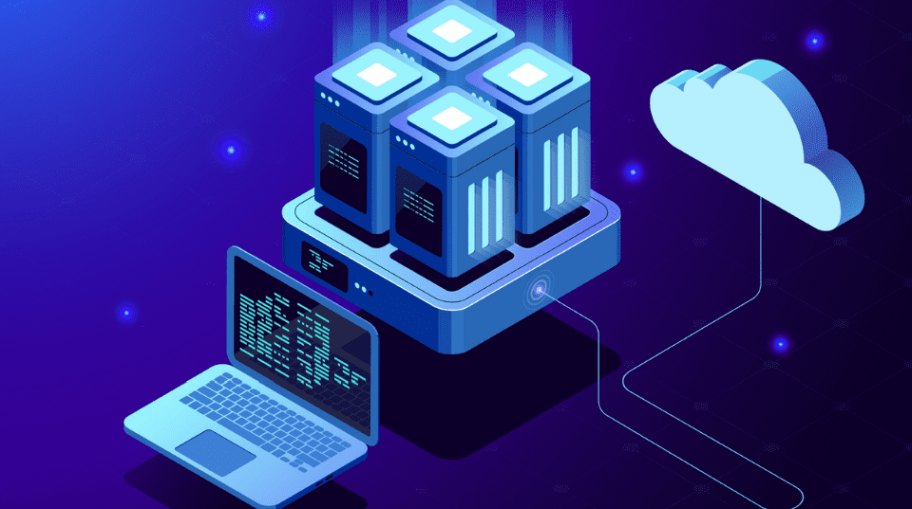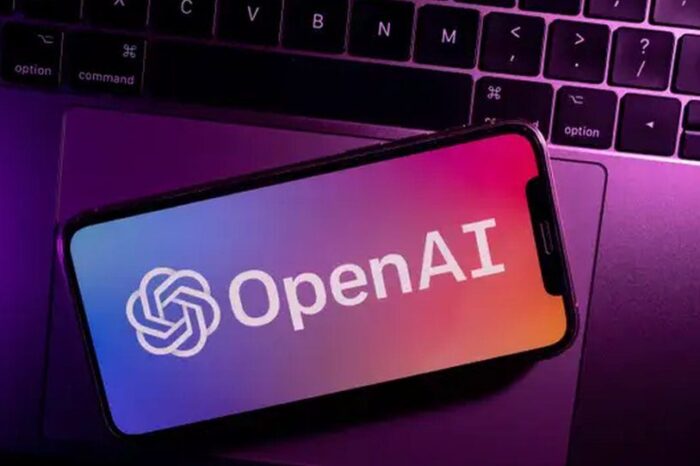From Blockchain to AI: The Tech Innovations Transforming Online Casinos

When the first online casino launched in 1994, many were amazed by the innovation that took a traditionally in-person activity and brought it online. Since then, this breakthrough has inspired similar changes across industries like shopping and food delivery.
As other sectors have progressed, iGaming hasn’t lagged behind. Online casinos have consistently pushed forward, adopting new technologies that have reshaped the industry and fueled its massive growth.
Curious about the technologies driving these changes? Let’s explore what they are, how they work, and the ways they’re improving the online casino experience.
Gamification
Gamification is not a recent development; it has been present in small doses in online casinos since the early 2010s. However, with technological advancements, gamification has become increasingly prevalent, leveraging the sophisticated systems used by online casinos.
Gamification adds an extra layer of entertainment to games of chance. It uses elements usually found in video games to enhance casino games and boost player engagement. When used effectively, it leads to higher retention levels among existing and older players as well.
Some features borrowed from video games include leaderboards, loyalty programs, and achievements that can be unlocked while playing. Another popular option is an interactive storyline that entices gamblers to dig deeper by continuing to play.
Most of the gamification of online casino games is done in collaboration with specialized game developers alongside casino game developers. This provides an equal mix of expertise between video and casino game creators that results in entertaining and engaging games that are hard to resist.
Blockchain
Blockchain, despite its critics and obstacles, has made a notable impact across numerous industries. First introduced alongside Bitcoin in 2009, this technology has since been applied in various ways, from public ledgers to managing supply chains.
In the iGaming world, blockchain goes beyond facilitating transactions for crypto casinos, which offer unique benefits you can learn more by visiting this page. Instead, it plays a role in multiple processes, defined by these two key categories
Casino Game Implications
One of the most prominent ways blockchain technology is used in online casinos is as a random number generator (RNG) for games. Here, the blockchain works to determine the outcome of each wager randomly. The calculation used to achieve the outcome is then stored on the blockchain, making it publicly available for review to ensure that the outcome is fair.
This process has given birth to a large selection of new, provably fair games and an overall higher level of trust among players. As such, casinos typically attract higher numbers of players due to the increased transparency.
Payment Implications
Blockchain is known for its security and transparency when making payments. While these payments must be in the form of cryptocurrency, many online casinos link to crypto exchanges that make the conversion of fiat currency to crypto seamless and part of the deposit process.
By using this technology, online casinos benefit from more secure transactions and more transparency. Because payments can only be made using crypto, many are also attracted by the anonymous qualities of cryptocurrency, which allow players to deposit and play on some sites without needing to reveal who they are.
Data and Analytics
Analytical tools that scrutinize large quantities of information and provide workable, understandable insights are sought after in almost every industry. Since the mid-2010s, data collection and analysis have also been present in the iGaming industry.
Many websites track user behavior, from what game a person plays most often to when they are most likely to access their player account. This information is stored and used to create a player profile comprising hundreds of data points about each player.
Analysis of this information helps online casinos understand what each player seeks, what they are more likely to enjoy, and what they’ll avoid. With this knowledge, online casinos are better equipped to offer each player a more personalized gaming experience.
More than this, having and utilizing data about players can help casinos offer target promotions, identify players who may need help to stop gambling, and improve operational efficiency across the casino.
Due to the significant and impactful role data and analytics can play, almost all casinos now use this technology. In many cases, the platforms and tools used to collect and analyze this data are provided by third-party developers, while some online casinos develop in-house solutions.
Artificial Intelligence (AI)
Since the end of 2022 and the launch of OpenAI’s ChatGPT, artificial intelligence has made a remarkable impact across industries. The iGaming sector is no exception, though online casinos began leveraging this technology well before its recent surge in popularity.
Since the late 2010s, many online casinos have adopted artificial intelligence platforms developed by companies like IBM and Microsoft. These tools are used to analyze data and personalize gambler experiences with advanced analytics. Unlike traditional algorithms, AI has made these processes far more efficient.
AI models have also played a role in improving customer satisfaction and retention. By tracking user sentiment toward different aspects of an online casino, operators can identify popular features to enhance and remove ones that fail to attract interest.
Beyond analytics and sentiment tracking, AI has taken on other important tasks. It now acts as a virtual support agent, handling customer inquiries and assisting newcomers to gambling sites. Additionally, AI has been deployed to strengthen security measures on these platforms.
By analyzing gaming behavior, spending habits, and other key metrics, AI-powered systems can identify players engaging in potentially suspicious activities. These flagged cases are then escalated to operators, who can take appropriate actions.




